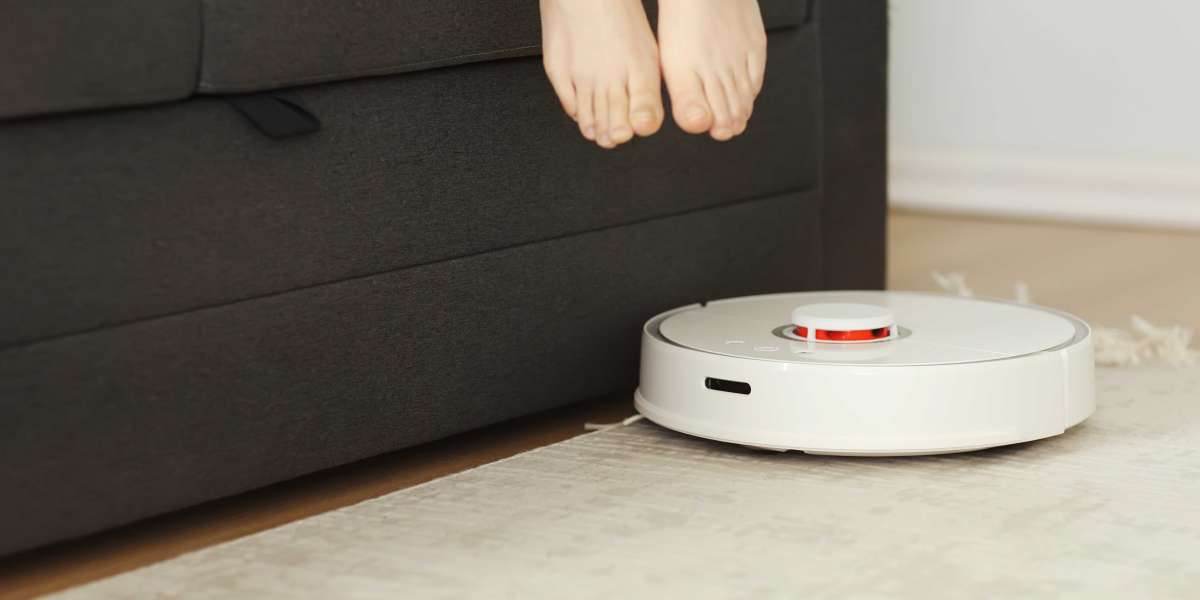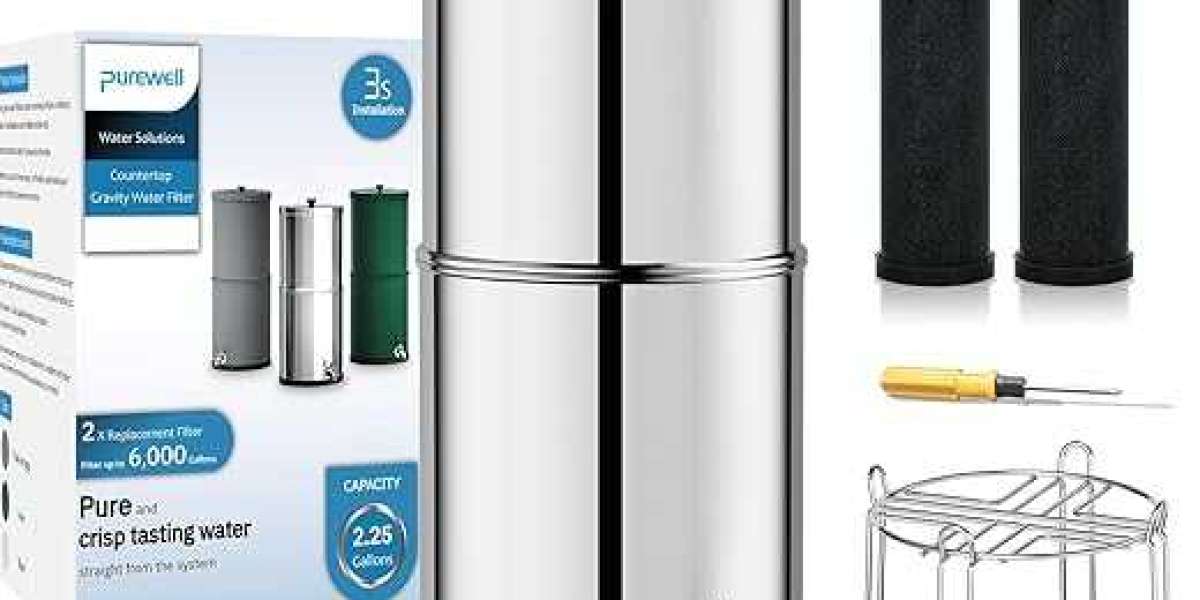Robotic Vacuum Cleaner Comparison: The Future of Home Cleaning
Recently, robotic auto vacuum cleaner cleaners have actually changed the way we preserve tidiness in our homes. With developments in technology and the incorporation of artificial intelligence, these gadgets have actually evolved from mere novelty items to vital family appliances. This short article offers a comprehensive comparison of a few of the leading robotic vacuum on the marketplace, helping customers make notified decisions when choosing a model that matches their needs.
Understanding Robotic Vacuum Cleaners
Robotic vacuum cleaners are autonomous makers designed to tidy floorings instantly. Geared up with sensors, they navigate around obstacles and change their cleaning paths for maximum effectiveness. The crucial functions that differentiate numerous designs include suction power, battery life, app connection, navigation innovation, and price.
Key Features to Consider
When comparing robotic vacuum cleaners, possible purchasers need to take into consideration the following elements:
- Suction Power: Measured in Pascals (Pa), suction power identifies the effectiveness of getting dirt and debris.
- Battery Life: The length of time a vacuum can run before requiring a recharge substantially affects its cleaning performance.
- Navigation Technology: Models might use easy random navigation or innovative mapping technologies (like LIDAR) that allow them to produce a map of the home.
- Smart Features: Connectivity to smartphone apps or smart home systems can enhance usability and control.
- Filter Type: HEPA filters are suggested for allergy patients, as they trap irritants and improve air quality.
Comparison of Top Robotic Vacuum Cleaners
Below is a comparison table of some of the best robot hoover robotic vacuum available in 2023:
| Model | Suction Power (Pa) | Battery Life (min) | Navigation Technology | Smart Features | Price (GBP) |
|---|---|---|---|---|---|
| iRobot Roomba i7+ | 1700 | 75 | Smart mapping | App control, voice command | ₤ 949 |
| Roborock S7 | 2500 | 180 | LIDAR | App control, multi-floor | ₤ 649 |
| Neato D7 | 2000 | 120 | LIDAR | App control, zone cleaning | ₤ 599 |
| Ecovacs Deebot T10 | 3000 | 150 | Smart mapping | App control, room detection | ₤ 799 |
| Shark IQ Robot | 1200 | 90 | Random | App control, self-emptying | ₤ 399 |
Description of the Table
iRobot Roomba i7+: Known for its robust cleaning capability, it includes smart mapping technology that allows it to designate specific areas for cleaning. Its self cleaning Vacuum Cleaner-emptying function is a plus for benefit.
best roborock vacuum S7: This design masters suction power and battery life, making it ideal for bigger homes. Its LIDAR innovation assists produce an efficient cleaning path, and it can best automatic vacuum and mop all at once.
Neato D7: The D-shape design permits much better corner cleaning, and it includes strong suction power. Its LIDAR navigation allows it to map out cleaning areas precisely.
Ecovacs Deebot T10: Boasting the highest suction power and advanced navigation, this model can deal with numerous floors successfully. It's a versatile option for households with differing floor types.
Shark IQ Robot: An economical alternative that still uses smart functions. Its self-emptying capability and app combination make it a practical option for those searching for a strong cleaning companion without breaking the bank.
Advantages of Robotic Vacuum Cleaners
Robotic vacuum cleaners offer numerous benefits that contribute to their rising appeal among consumers:
- Time-Saving: Automated cleaning permits users to release up important time that can be invested in other activities.
- Convenience: Many designs can be arranged via apps to clean up at specific times, minimizing manual effort.
- Ease of access: They can reach under furnishings and in tight areas where standard vacuums may have a hard time.
- Daily Maintenance: Regular use of robotic vacuums can assist preserve a regularly clean environment, promoting better overall home health.
FAQs About Robotic Vacuum Cleaners
1. How often should I run my robotic vacuum?
It is suggested to run the robotic vacuum at least 2-3 times a week to preserve tidiness, though day-to-day usage can be advantageous, especially in homes with animals or high foot traffic.
2. Do robotic vacuums deal with carpets?
Yes, lots of robotic vacuums are created to work on carpets, however effectiveness may differ based upon the design's suction power and brush type. Search for designs particularly discussed as effective for carpets.
3. Can robotic vacuums clean animal hair?
The majority of robotic best vacuums can efficiently get pet hair, however those with strong suction and tangle-free brush styles are particularly well-suited for this job.
4. How do I preserve my robotic vacuum?
Regular maintenance consists of cleaning the brushes and sensing units, clearing the dustbin, and occasionally replacing filters to ensure optimum performance.
5. Are robotic vacuums worth the financial investment?
While they tend to be more expensive than conventional vacuums, the convenience, effectiveness, and time-saving elements make them a deserving financial investment for lots of families.
The marketplace for robotic vacuum cleaners continues to expand as innovation progresses, providing consumers a variety of alternatives to match different cleaning needs and budget plans. By thoroughly thinking about features such as suction power, battery life, and smart abilities, users can pick a design that lines up with their lifestyle. Whether for benefit, ease of usage, or exceptional cleaning performance, robotic vacuums are undoubtedly improving the future of home cleaning.








